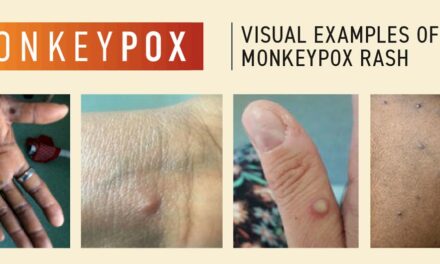A groundbreaking study has found that loneliness and social isolation may significantly elevate the risk of non-alcoholic fatty liver disease (NAFLD). Conducted by researchers from Central South University and the Army Medical University in China, in collaboration with the Karolinska Institutet in Sweden, the study analyzed data from over 400,000 participants in the UK Biobank, shedding new light on the broader impacts of social factors on liver health.
Led by Professors Jiaqi Huang and Jin Chai, the research sought to determine whether loneliness and social isolation—two distinct social determinants of health—are linked to NAFLD risk. NAFLD, a chronic liver disease affecting approximately 30% of the global population, has emerged as a pressing public health concern, primarily due to increasing obesity rates, diabetes prevalence, and aging populations. Until now, the influence of psychosocial factors on NAFLD had remained largely unexplored.
The study’s findings were striking. Individuals experiencing loneliness had a 22% higher risk of developing NAFLD, while those who were socially isolated faced a 13% increased risk, independent of traditional factors like obesity, diabetes, and lifestyle habits. Notably, these associations remained significant even after adjusting for the mutual influence between loneliness and social isolation, underscoring their independent impact on liver health.
Further analysis indicated that unhealthy lifestyle behaviors, depression, and inflammatory responses partially mediated these associations. Obesity, smoking, and irregular physical activity accounted for up to 30% of the risk associated with loneliness, while depression contributed an additional 33%. These findings highlight the need to address both psychological and behavioral components in NAFLD prevention efforts.
“Our findings provide robust evidence that loneliness and social isolation are not just mental health issues but also critical factors in the development of metabolic diseases like NAFLD,” said Professor Huang. “Interventions targeting these social determinants, alongside promoting healthier lifestyles, could be transformative for public health.”
The researchers stress the necessity of further studies across diverse populations and longitudinal settings to confirm and expand upon these findings. They advocate for integrated prevention strategies addressing both social and biological aspects of health, emphasizing the importance of community engagement, mental health support, and lifestyle interventions.
As NAFLD continues to place a growing burden on global healthcare systems, this study underscores the vital role of fostering strong social connections in disease prevention. The authors hope their research will inspire public health initiatives aimed at mitigating the adverse health effects of loneliness and social isolation.
Disclaimer: This article is for informational purposes only and does not constitute medical advice. Individuals concerned about their health should consult a qualified healthcare professional.












